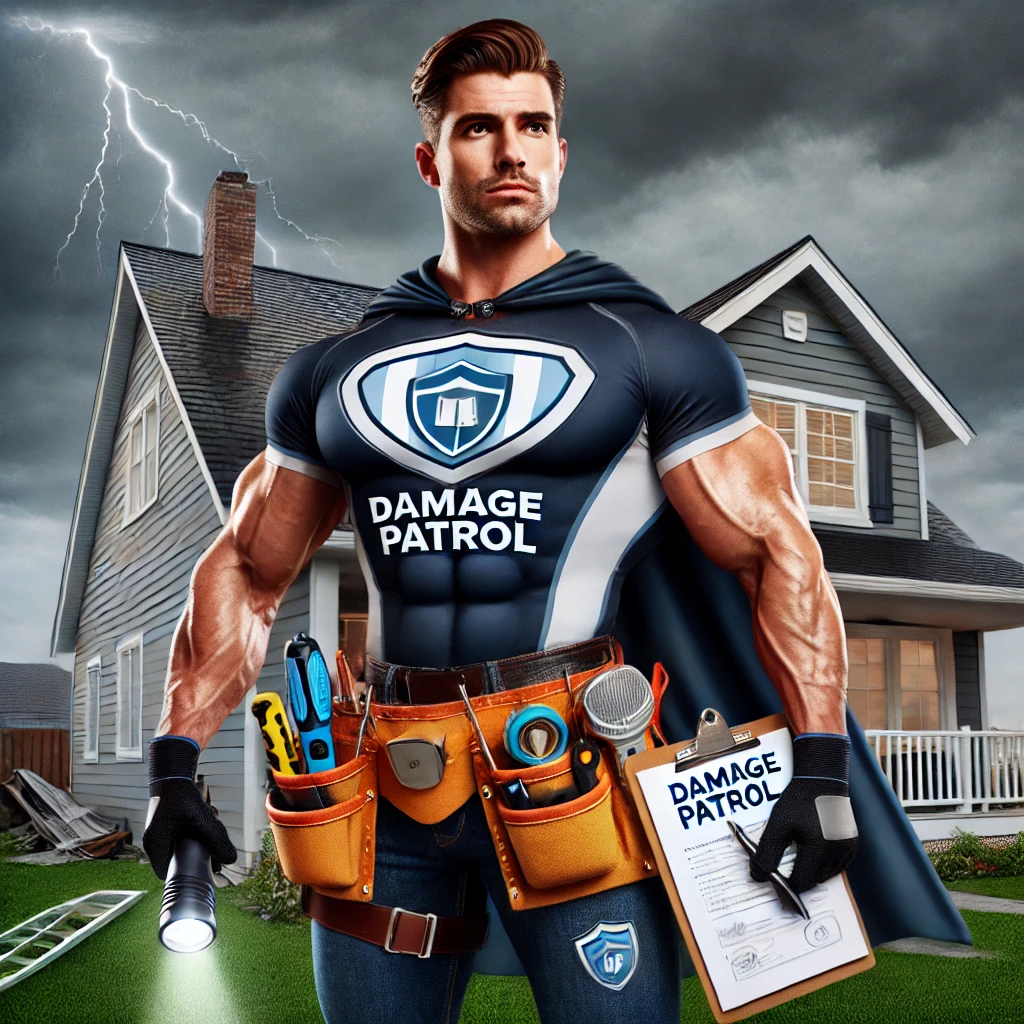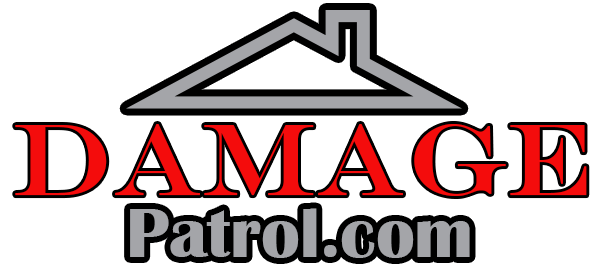What is a home inspection?
A home inspection is a safety and quality assessment on properties that are going to be sold, a property that is or has been rented, has been possibly damaged by a natural disaster or simply a requirement from your insurance provider . Most inspections examine the structural aspects of the home, heating and cooling systems, plumbing, electrical work, water and sewage to ensure they are all functioning properly. The overall condition of the property is also assessed for fire and safety issues, damages and anything else that can affect its value, saleability or rentability.
Anyone who is buying a new or previously owned house should, for their own piece of mind, get a home inspection done by a qualified professional. Sellers can also use our home inspectors to ensure the property is up to standards and use the report as a selling tool. This is known as a Pre-inspection.
Our Inspectors will offer an independent review regarding the overall condition of the subject property’s structural, mechanical, electrical and overall condition of the building. They will identify any problems and advise you of any potential repairs and the potential work required to fix them.
A home inspection could help you avoid potentially THOUSAND’s of dollars in costly repairs that may not be readily apparent before you purchase the property.

A Material Defect is a condition of a residential real property, or any portion of it, that would have a significant, adverse impact on the value of the real property, or that involves an unreasonable risk to people on the property. The fact that a structural element, system or subsystem is near, at or beyond the end of the normal useful life of such a structural element, system or subsystem is not by itself a material defect.
Home Inspections Are Not Warranties A warranty is a policy sold to the buyer that warrants that specific items in the home are in sound condition and will remain in sound condition for a specified period of time. Typically, the warranty company never inspects the home. The warranty company uses actuarial tables to determine the expected life of the warranted items and charges the customer a fee for the warranty that will hopefully cover any projected loss and make a profit for the warranty seller. It is essentially an insurance policy. The service that we have provided you is a visual inspection. We make no warranties whatsoever of this property. If you desire warranty coverage, please see your real estate agent for details about any warranty plan to which their firm may have access to providing you.
An Inspection Report shall describe and identify, in written format, the inspected systems, structures, and components of the dwelling, and shall identify material defects observed. Inspection reports may contain recommendations regarding conditions reported or recommendations for correction, monitoring or further evaluation by professionals, but this is not required.
When should you get a home inspection?
Are you planning to buy or sell a house? Do you rent or run a Bed and Breakfast? Has your Vacation home been hit by a storm? Every Property Owner should know the condition of their property or soon to be property. Home inspections turn up safety issues and maintenance problems that could create serious trouble and expenses down the road. Inspections help everyone understand the condition of a property, and thus the risks that should be considered before proceeding in a transaction or making necessay repairs before they become major.
What does a home inspection cover?
Home inspections are a very important part of the home ownership process. But what to do home inspectors look for? In short, just about everything that needs to work for a home to be livable. Here are some of the possible essentials:
- Exterior – The inspector will check for cracks, missing siding or damage to the roof – anything that could lead to water damage or pest infiltration. This includes an examination of the foundation if it is visible.
- Interior – Similar to the exterior, the inspector will look around for any signs of damage to walls, cabinets, windows, and other visible aspects of the home.
- Plumbing – The plumbing inspection includes a check for visible leaks, functioning faucets, shower heads and toilets, and to ensure the exposed pipes are not damaged or dangerously outdated.
- Electrical – The inspector will test all outlets and ensure there are working ground circuit interrupters, and examine the electrical panel for potential issues.
- Air – This includes an inspection of your HVAC system and ducting to ensure furnace and air conditioner (if present) are both working.
- Fire Safety – The inspector will identify any potential fire hazards and test the smoke detectors.2
If you’re getting ready to sell your home, Northern Tropical™ is here to help.
What are things that can fail a home inspection?
If a home inspection fails, that means the inspector has identified one or more serious problems with the home. Here are some fail-worthy issues:
- Roof damage – This can range from a few missing shingles to widespread water damage.
- Electrical issues – Any non-functioning electrical components or hazards such as frayed wires can merit a failure.
- Plumbing issues – Leaks, non-functioning heaters and sewer issues can all cause an inspection to fail.
- Pest Infestations – Damage from termites, vermin or other pests can mean a failed inspection.
- Suspected Mold – This usually goes hand in hand with water damage, which can also be a cause of inspection failure.
What happens if a house fails a Home inspection?
If a home inspection finds serious issues, potential buyers have options.
- Request a price decrease/credit on the purchase: A buyer may request a price decrease or a credit on the purchase. The intent of a price adjustment or credit would be to use the savings to address the issues found in the inspection.
- Ask the seller to make repairs: A buyer might ask the owner to make repairs to fix any issues. Depending on the nature of the issue, a buyer may want to request professionals be contracted to make repairs.
- Walk away from the purchase: Alternatively, a buyer may just decide to back out of the purchase following the failed inspection, figuring there are other homes on the market that are in much better shape.
What home inspectors should NOT do?
The home inspector plays a crucial role in the evaluating issues in a home, but there are ways they can overstep their role. Home inspectors should not offer services outside of the inspection itself, personally see to the renovations or repairs on a home they’ve inspected, inflict any damage on the home, inspect specialized systems like pools or hot tubs, or test systems that have already indicated are not working. Offering advice or estimates related to issues they’ve found is also off the table. For example, if the inspector finds an electrical problem, they should not diagnose the cause of that problem. Generally speaking, the home inspector provides only objective information about necessary components that are relevant to the inspection

Please Login to access this form.

